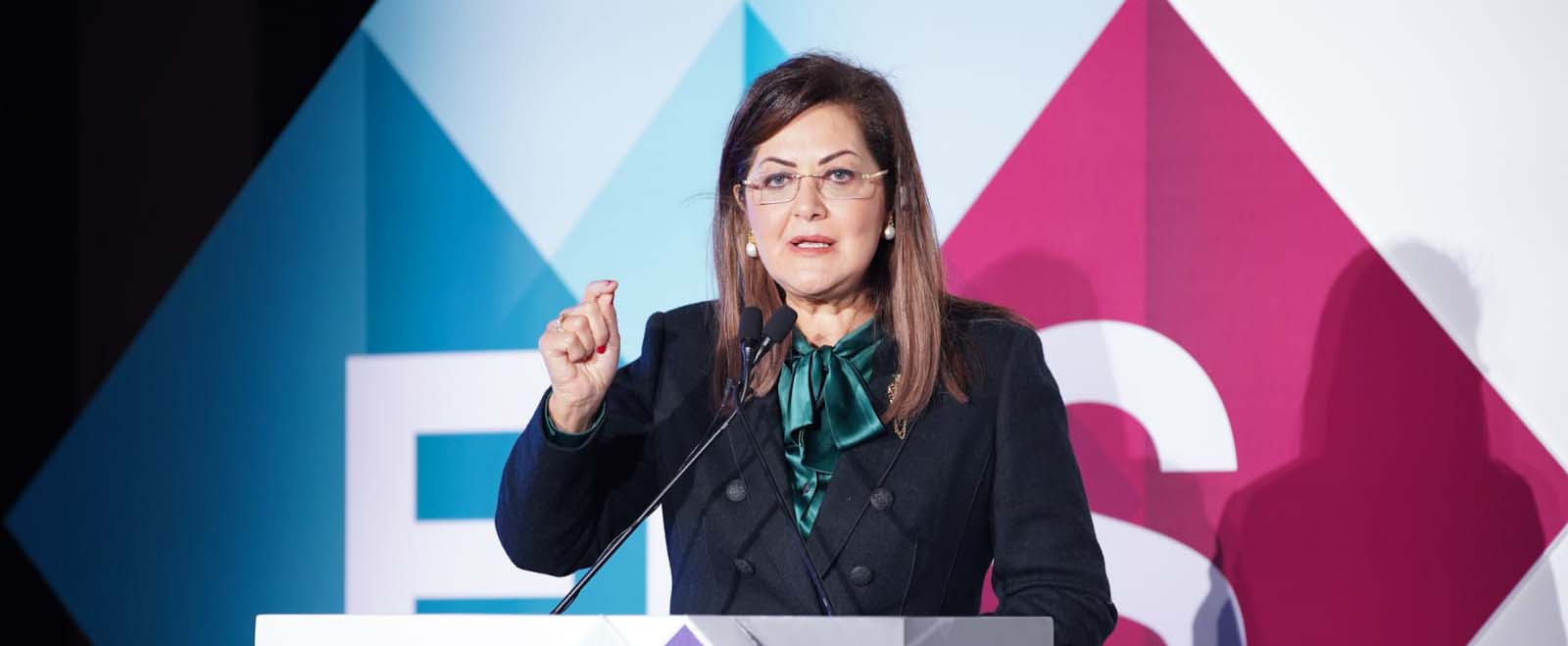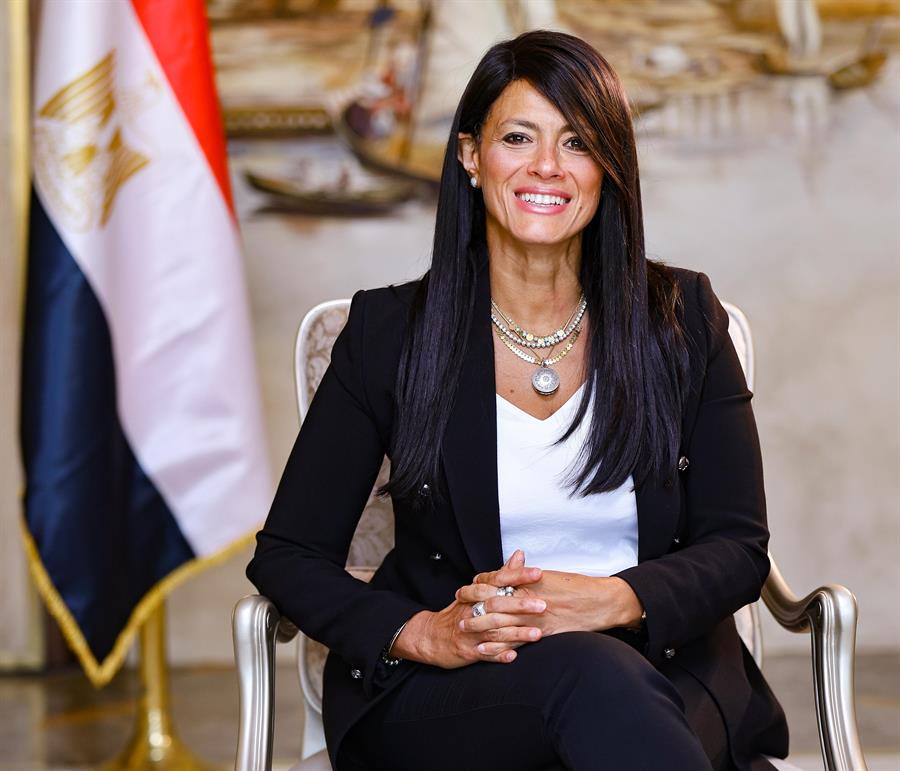Infrastructure projects in Egypt received the largest public investments in recent years: Minister of Planning

14 December 2021
Recently, Dr. Hala El-Said, Minister of Planning and Economic Development, participated in the activities of the Egypt Economic Summit in its third edition, held under the slogan "Community development and investment opportunities after the Corona crisis" under the auspices of Egypt’s Cabinet. This year's conference deals with the topic of "Global Inflation and the role of the public and private sectors in confronting it."
During her speech, Dr. Hala El-Said said that the Egyptian government does not work alone in confronting the pandemic, but rather there is a continuous and permanent partnership between the government, the private sector, and civil society.El-Said added that the government is working hard to strengthen this partnership and create an environment for the private sector to play its active role, by setting the legislative and institutional framework that supports the partnership between the public sector, through making amendments to the law regulating the participation of the private sector in infrastructure projects, services, and public utilities.El-Said referred to activating the role of the Higher Committee for Partnership Affairs with the private sector headed by the Prime Minister and some ministers, where the meeting of the committee witnessed the approval of many proposed projects to be established in the participation system in the areas of dry ports, logistics centers, and transport.El-Said added that within this framework also comes the activation of the role of the business climate reform initiative "Erada", which aims to reform the legislative and regulatory framework to ensure business stimulation, encourage investment, and establish a dialogue between the government and private sector companies.
The "Erada" initiative plays a pivotal role in achieving the sustainable development goals and the goals of "Egypt Vision 2030".El-Said added that the huge investments in infrastructure development have resulted in an improvement in Egypt’s global competitiveness in many indicators, as the infrastructure quality index improved by 48 places, bringing Egypt to the 52nd place globally in 2019 compared to the 100th place in 2015/14, and in the Road Quality Index With 90 places, Egypt ranks 28th in the world, and 44 places in the electricity quality index, to occupies the 77th position globally.









